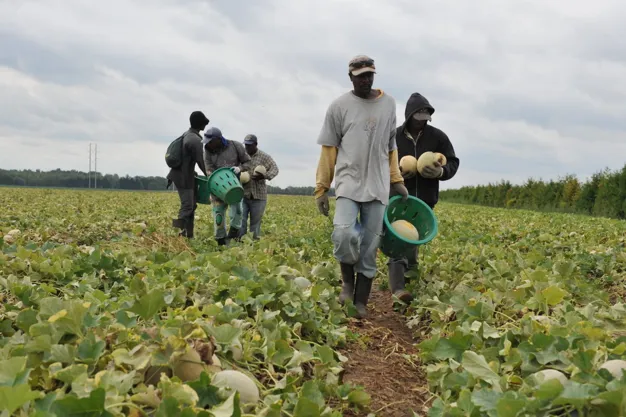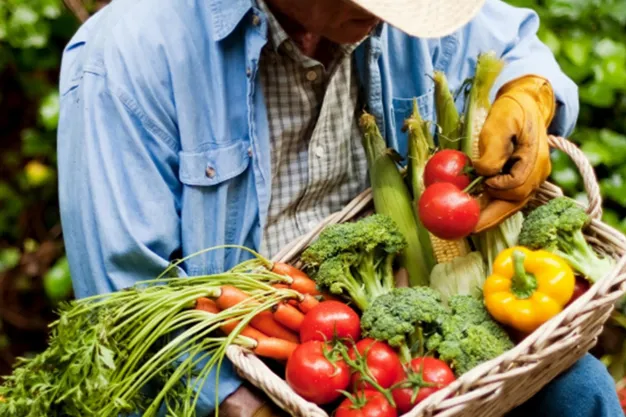For over half a century, Canada has relied on the Seasonal Agricultural Worker Program (SAWP) to meet crucial labor needs in its horticulture industry. This program has not only sustained agricultural productivity but also fostered economic opportunities for those workers coming from countries afar such as Mexico or the Caribbean. In the intricate tapestry of Canada's food security, SAWP connects growers with essential seasonal labor thus providing much-needed income for workers' families back home.
Ken Forth, President of Foreign Agricultural Resource Management Services (F.AR.M.S.), underscores the significance of SAWP: "None of us would be growing fruit and veg without this program." Indeed, the history of Canadian agriculture is intertwined with immigration and labor. As Forth notes, immigrants have been the backbone of the Canadian agricultural output for over a century. However, shifting demographics and evolving immigration policies left a void in farm labor, one that SAWP stepped in to fill.
Established in 1966, SAWP has facilitated the entry of around 40,000 seasonal workers annually to Ontario and other provinces across Canada, providing a necessary workforce for the horticulture industry. Forth emphasizes the program's stability, noting that 85% of workers return to the same farms year after year. This continuity benefits both employers and employees, fostering a sense of community and familiarity that enhances productivity.

But SAWP is more than just a labor program—it's a lifeline for many workers and their families. Forth recounts stories of workers who have been with the program for decades, allowing them to send their children to school and to enable them to pursue higher education. "Education of children," Forth emphasizes, "is a significant aspect of SAWP. In countries like Jamaica, where education costs are prohibitive for many, the program provides a pathway to better opportunities."
Despite its successes, SAWP is not always seen positively. Forth acknowledges the scrutiny and criticism the program faces from various quarters. "Immigration is a real hot topic in politics, and such a program is the perfect target for propaganda," he laments. That's also why he stresses the need for continued advocacy and education about the program's benefits. On top of that, there's always room for improvement, and Forth says he is committed to improving SAWP for seasonal farmworkers, both during their time in Canada and upon their return home.

At the same time, the economic impact of SAWP extends beyond the farm gates. Forth emphasizes its role in supporting local communities, from trucking industries to service providers. Moreover, the program fosters cultural exchange and understanding, enriching the fabric of Canadian society.
In the ongoing discourse surrounding immigration and labor, SAWP makes for a great case study to promote more policies like this. As Forth aptly puts it, "Our job is to make it easier for farmworkers to be here and to go back home. The resilience and dedication of both farmers and workers ensure that Canada's harvest continues to flourish, ensuring not just the nation's food security but also the prosperity of those who cultivate its fields."
For more information:
F.A.R.M.S.
5995 Avebury Road, Suite 706, Mississauga, ON L5R 3P9
Toll: 1-866-271-0862
Fax: 905-568-4175
[email protected]
farmsontario.ca
